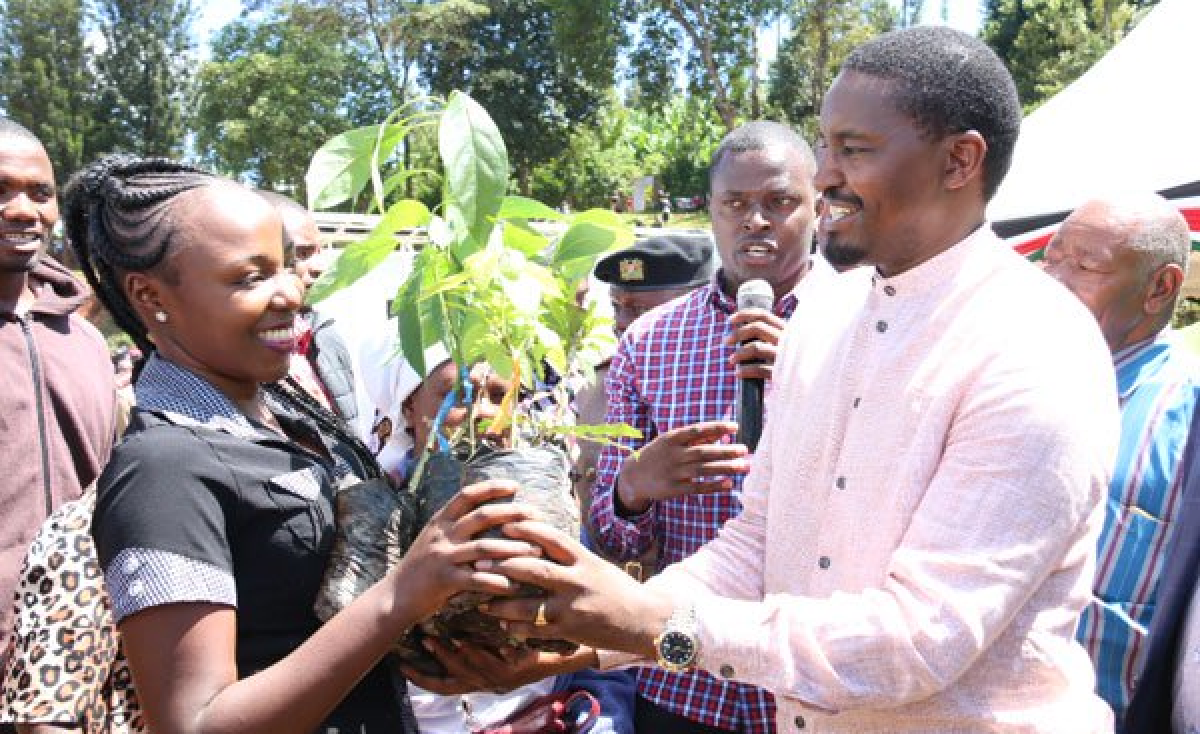The Rice Value Chain Transformation Programme (RVCP) seeks to contribute to food and nutrition security and enhance economic growth by reducing the rice importation. The specific objective is to increase rice production by moving from subsistence rice farming towards a commercialized market-driven farming by increasing private sector engagement in production, processing and marketing of rice.
The RVCTP is an investment operation financed with an African Development Fund (ADF) grant with an initial phase that aims to up-scale production, productivity, value addition, and reduce imports of rice in The Gambia. The Bank’s comparative advantage and added value in the project are derived from its accumulated experience in funding projects in The Gambia since 1974 covering sectors of agriculture, water and sanitation, infrastructure, energy, social and multi sector areas.
The RVCTP was identified as part of the Gambia’s Agricultural Transformation Strategy (ATS) and is addressing 4 out its 9 Priority Areas (PAs), namely (i) Increase agricultural production, and convergence towards food self-sufficiency; (ii) Streamline input distribution systems for high quality seeds, fertilizers and pesticides; (iii) Upscale use of fit-for purpose agricultural technology; (iv) Support for Public and private sector commercialization models that reinforce capacity of the producers (both smallholder and largescale farmers). The Project is addressing key issues in the following critical areas: enhancing access to inputs and services, production support and intensification, commercialization and financing
The RVCTP provides opportunities to capitalize on the Bank’s experience leveraging the private sector in agricultural value chains and on the experience of past projects (Multi NERICA Rice Dissemination Project and Livestock and Horticulture Development Project-LHDP) and ongoing operations such as the Food and Agriculture Sector Project (FASDEP) and the Agricultural Value Development Project vi (AVCDP). Key lessons learnt include the need for infrastructure provision to enhance productivity and production to foster gains in outputs; engaging the private sector in PPP to reign-in investment into the value chains; access to quality inputs (seeds and fertilizers) to enhance productivity and access to training (incubation, Songhai, etc.) and gender and youth mainstreaming.


